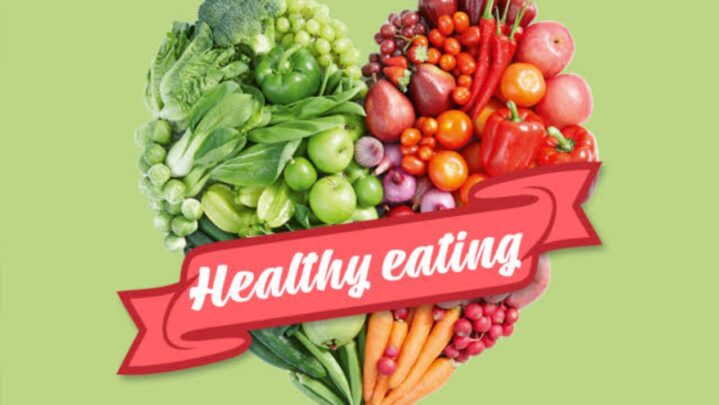1. You are not required to follow a gluten-free diet.
Many women attempt to follow a gluten-free diet in the hope of dropping a few pounds. However, there is no scientific evidence to support this. In general, losing weight involves eating fewer calories overall. Some PCOS women have celiac disease or gluten sensitivity. Gluten avoidance can help some women feel better by reducing their symptoms. However, not all women must follow a gluten-free diet.
2. Dairy products can be consumed.
Many people advise PCOS women to avoid dairy products. Milk and milk-based products, on the other hand, are high in calcium and protein. It may raise testosterone and insulin levels, although a small amount never hurts. As a result, a woman does not have to fully forgo milk products. If you don’t have any allergies, a few small portions each week should suffice.
3. In order to possibly improve hormone levels, eat a larger breakfast.
Women with PCOS should eat king-sized breakfasts, queen-sized lunches, and beggar-sized dinners. Eating a larger breakfast may enhance insulin sensitivity and lower androgen levels. It also keeps you full for the majority of the day.
4. Fruit is permitted.
Fruits are high in vitamins, minerals, fibre, and antioxidants, all of which can help women with PCOS. Choose fruits with skin, such as apples, blueberries, and strawberries. Such fruits have a lower glycemic index than fruits without skin, such as pineapple, watermelon, and so on.
5. You can satisfy your sweet tooth.
Desserts and sweets are advised to be avoided by women with PCOS, although they can be enjoyed with a PCOS diet if consumed in moderation. A 70 percent dark chocolate cube can fulfill sweet cravings while still being high in antioxidants.
Also Read: What Is Self-Appraisal Letter & Its Importance: Read





